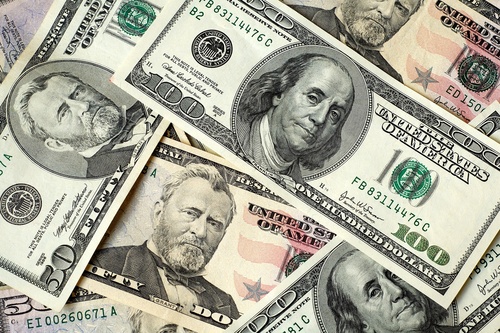To paraphrase Mark Twain, everyone complains about inequality, but nobody does anything about it.
What they do is to use “inequality” as a takeoff point to project their own views on how to make society more prosperous and at the same time more equal. These views largely depend on whether they view the One Percent as innovative, smart and creative, making wealth by helping the rest of society – or whether, as the great classical economists wrote, the wealthiest layer of the population consist of rentiers, making their income and wealth off the 99 Percent as idle landlords, monopolists and predatory bankers.
Economic statistics show fairly worldwide trends in inequality. After peaking in the 1920s, the reforms of the Great Depression helped make income distribution more equitable and stable until 1980.[1] Then, in the wake of Thatcherism in Britain and Reaganomics in the United States, inequality really took off. And it took off largely by the financial sector (especially as interest rates retreated from their high of 20 percent in 1980, creating the greatest bond market boom in history). Real estate and industry were financialized, that is, debt leveraged.

